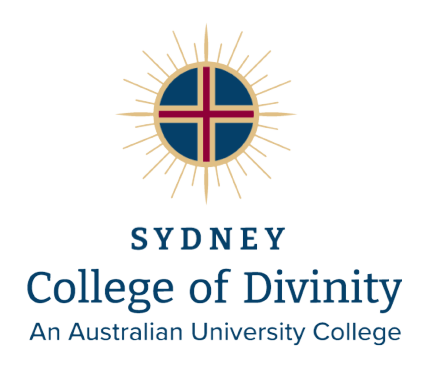W7291 – Vice and Virtue: Moral Psychology
Unit Code
W7291
Unit Name
Vice and Virtue: Moral Psychology (undergraduate)
Unit Weighting
9 Credit Points
Type of Unit
Foundational
Prerequisites, corequisites or exclusions
Nil
Academic Staff
Samuel Kaldas: BA Hons (USyd), Grad Cert Theology (SAGOTC), PhD (USyd)
Curriculum Objectives
This course explores the rich Orthodox tradition of moral psychology developed by the Church Fathers alongside the insights and challenges of contemporary moral psychology. Students will be introduced to the key concepts and philosophical background of patristic ethics, as well as the basic landscape of contemporary moral psychology. They will thus gain a sense of how thinking on moral psychology has changed from antiquity to the present, and develop the skill of bringing ancient ideas to bear on modern problems.
Learning Outcomes
At the end of this unit students will be able to:
1) Recognise some of the main ideas of moral psychology, both ancient and modern
2) Appreciate the philosophical background, terminology and core concepts of the moral psychology developed by the Church Fathers in late antiquity
3) Read ancient and modern texts on moral psychology carefully and analytically
4) Write a philosophical essay
5) Apply ideas gained from reading in speech and writing
Content
1) Theological background of patristic ethics: creation in the image of God, the Fall and the “wounding” of human nature, the Incarnation and the restoration of human nature
2) Philosophical background of patristic psychology such as: the mind (nous); the heart; the will; free will (autexousia); passions; thoughts (logismoi); conscience; self-knowledge; “eagerness” (spoudē)
3) Close studies of particular virtues, vices, moral phenomena in both modern philosophy and patristic ethics, e.g. humility and self-esteem; love; self-control and weakness-of-will (akrasia); good vs. evil pleasures; envy; anger and resentment; reward, punishment and moral motivation
4) Empirical research into character and habit formation and how it relates to patristic thought; contemporary Orthodox engagement with moral psychology
UNIT WEEKLY SCHEDULE
(1) Foundations (4 weeks): Why is the concept of virtue important for human life today? Is human nature fundamentally good or evil? Are human beings really free to determine their moral character? How did the Church Fathers answer these questions? How has modernity challenged and changed the way we think about these questions?
(2) Virtues and Vices, New and Old (5 weeks): case studies of particular virtues and vices, both those which appear in classical and patristic philosophy (e.g. pride, envy, acedia, anger, courage) as well as some “new” virtues and vices more specific to modern cultures (e.g. integrity, (in)tolerance, and self-esteem). Each of these is considered from both an ancient and a modern philosophical/psychological perspective.
3) The Christian Virtues (4 weeks): close studies of the distinctly Christian virtues of faith, hope and love, again considering how these were conceived by the early Church Fathers and how these patristic views can be applied to modern moral discourse.

